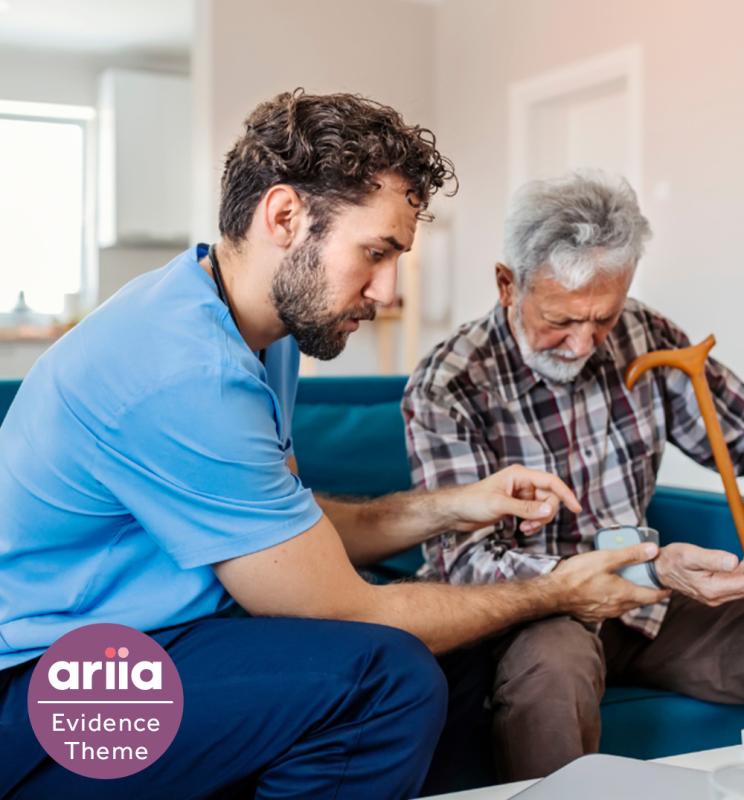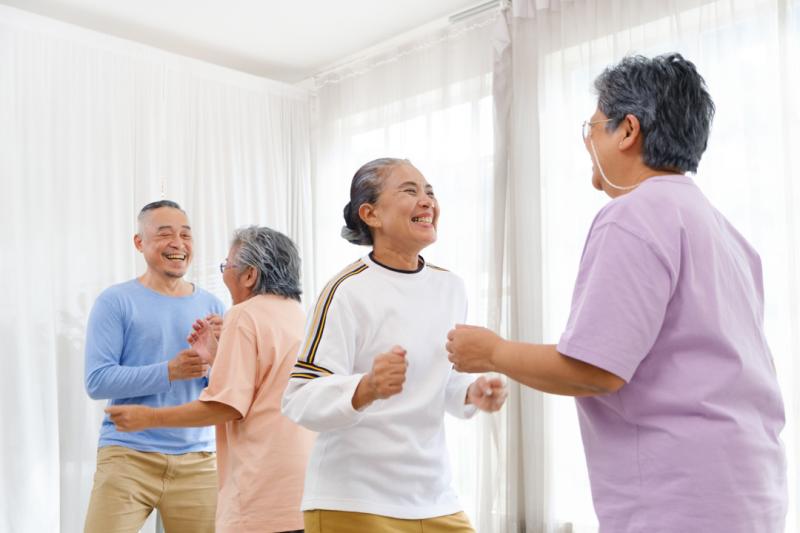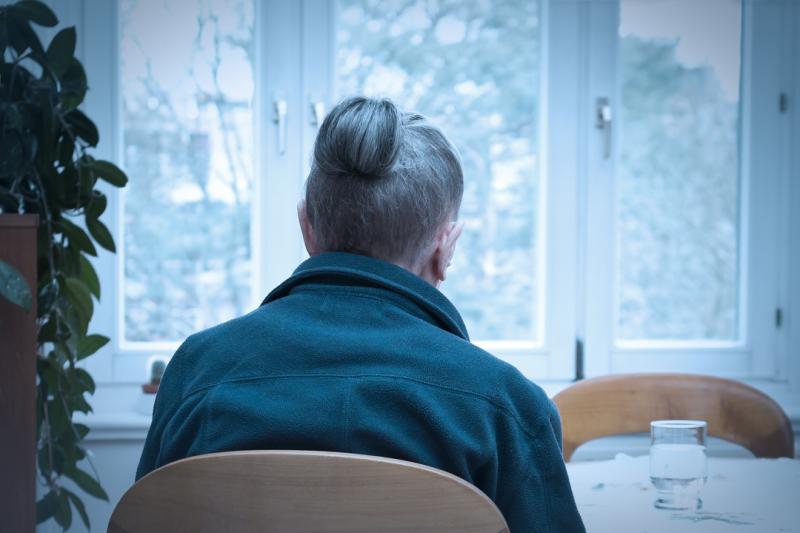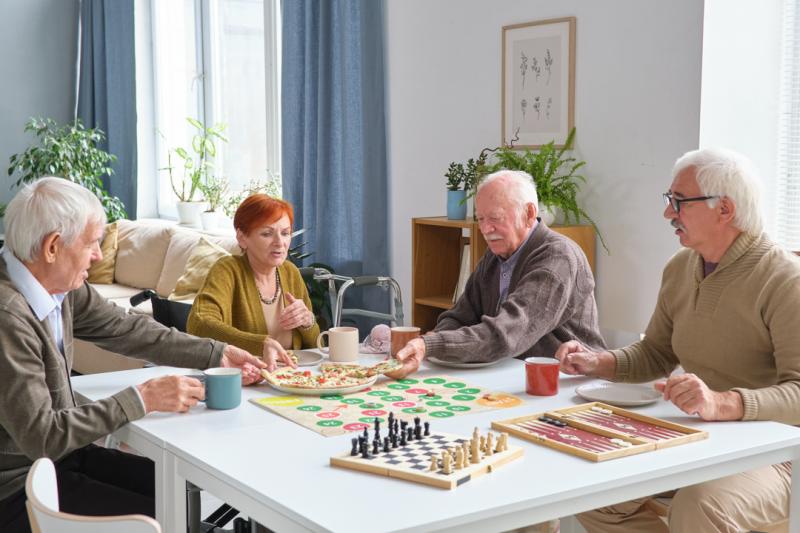Resources
Explore resources from a range of sources across the aged care sector - including government, research, academic and practice-based materials - curated by ARIIA to support evidence-informed practice and innovation.
Showing

Interpersonal Factors Contributing to Staff Burnout in Aged Care
Interpersonal factors may contribute to burnout among informal and formal carers in aged care. These factors are listed in a short, easy-to-read summary of research evidence provided by ARIIA.

Personal Factors Contributing to Staff Burnout in Aged Care
Several factors may increase the susceptibility of aged care workers to develop burnout. These may include factors related to their demographics, health, self-perception and attitudes, and coping strategies. This resource from ARIIA is a short, easy-to-read summary of the research evidence.

Impacts of COVID-19
Aged care managers have reported growing concerns about staff mental health following the COVID-19 pandemic, particularly regarding heightened emotional exhaustion and increased overall burnout. This ARIIA resource provides a concise and accessible summary of research evidence, outlining the key factors aged care workers faced during the pandemic that negatively impacted their mental and physical health.

Pre-Pandemic Staff Burnout Prevalence in Aged Care
The burnout rate across aged care workers before the COVID-19 pandemic ranged from moderate to high levels, with approximately 30-50% of aged care staff reportedly being affected. This resource from ARIIA is a short easy-to-read summary of the research evidence.

FEATURE Models of Care: Victorian social prescribing program underway
This video from the Australian Health Journal describes social prescribing and the Connect Local Program led by Bolton Clarke Institute. (16 m)

FEATURE Models of Care: Priming Australia for Social Prescribing Part 1
This video from the Australian Health Journal defines social prescribing and its potential benefits in addressing social isolation, loneliness, and stress particularly in the elderly. (20 m)

Connect Local Launch
This video from Bolton Clarke Institute describes the Connect Local program run by Connecting Communities to Care. The program aims to promote wellbeing through social connection. (5 m)

Factors, dynamics and effects of isolation for older people: an exploratory study
This report from the Australian Institute of Family Studies written by Emily Stevens and colleagues, presents the factors dynamics and effects of isolation experienced by older people in New South Wales and a consideration of the status of older people’s rights.

Social isolation and loneliness
This webpage from the Australian Institute of Health and Welfare discusses the undesirable impacts of social isolation and loneliness across all age groups including the elderly group and ways to prevent and manage it.

Social prescribing pilot tackles loneliness epidemic
This article from Bolton Clarke discusses the Connecting Communities to Care project aimed at reducing social isolation, loneliness and depressive symptoms and preventing unnecessary hospitalisation in older people in Melbourne.